Home>Garden Essentials>How Long Does It Take For Grass To Germinate


Garden Essentials
How Long Does It Take For Grass To Germinate
Modified: August 28, 2024
Discover how long it takes for grass to germinate in your garden and get ready to enjoy a lush, green lawn.
(Many of the links in this article redirect to a specific reviewed product. Your purchase of these products through affiliate links helps to generate commission for Storables.com, at no extra cost. Learn more)
Introduction
Growing a lush and vibrant lawn starts with the process of germinating grass seeds. Understanding how long it takes for grass to germinate is crucial for planning and maintaining a successful lawn. Whether you’re starting from scratch or overseeding an existing lawn, knowing the germination time of different grass species can help you manage your expectations and make informed decisions.
Grass seed germination is a complex process influenced by various factors, including seed quality, environmental conditions, and the specific grass species being grown. In this article, we will explore the factors affecting grass germination, ideal germination conditions, germination time for different grass species, tips for enhancing germination speed, and common mistakes to avoid.
By the end of this article, you will have a comprehensive understanding of grass germination and be able to optimize your lawn-growing efforts. Let’s dive in!
Key Takeaways:
- Patience is key when growing grass from seeds. Factors like seed quality, soil temperature, and moisture levels influence germination. Understanding ideal conditions and avoiding common mistakes can lead to a successful lawn.
- Different grass species have varying germination times. Cool-season grasses take longer than warm-season varieties. Enhancing germination speed with techniques like seed scarification and proper watering can promote healthy seedling growth.
Factors Affecting Grass Germination
Several factors can significantly impact the germination of grass seeds. Understanding and managing these factors can greatly increase the success of your lawn establishment. Here are the key factors that affect grass germination:
- Seed Quality: The quality of the grass seeds plays a vital role in germination. Using high-quality seeds from reputable sources ensures better germination rates and healthier seedlings.
- Soil Temperature: Grass seeds have specific temperature requirements for germination. Most cool-season grasses, like Kentucky bluegrass and tall fescue, prefer soil temperatures between 50-65°F (10-18°C) for optimal germination. Warm-season grasses, such as Bermuda grass and Zoysia grass, require higher temperatures between 75-85°F (24-29°C).
- Moisture: Adequate moisture is crucial for germination. However, excessive moisture can lead to rotting of the seeds. Maintaining a balance by ensuring the soil is consistently moist but not waterlogged helps promote germination.
- Light: Most grass seeds do not require light for germination. In fact, they often germinate better in the dark. However, some grass species, like annual ryegrass, benefit from exposure to light during germination. Consult the seed packaging or do some research to determine if light is necessary for your specific grass species.
- Soil pH and Nutrients: Testing and adjusting the soil pH and nutrient levels is essential for successful germination. Most grasses prefer a slightly acidic soil with a pH of 6-7. Additionally, providing adequate nutrients through fertilization will support seedling development.
- Weeds and Competing Plants: Weeds and other competing plants can hinder grass germination by competing for resources like sunlight, water, and nutrients. Proper weed control measures, such as pre-emergent herbicides, can help create an environment conducive to germination.
By considering and managing these factors, you can greatly increase the chances of successful grass seed germination. Now let’s explore the ideal germination conditions that will help you achieve the best results.
Ideal Germination Conditions
Creating the ideal conditions for grass germination is crucial for ensuring successful seedling establishment. Here are the key factors to consider when providing optimal germination conditions:
- Soil Preparation: Before sowing grass seeds, it’s important to prepare the soil properly. Remove any debris or weeds, loosen the soil with a rake, and level the surface. This allows the seeds to make good soil contact and promotes uniform germination.
- Soil Moisture: Moisture is essential for germination. Ensure that the soil is evenly moist but not waterlogged. Water the area lightly before sowing the seeds, and continue to provide regular irrigation during the germination period.
- Temperature: Different grass species have different temperature requirements for germination. However, most cool-season grasses germinate best when the soil temperature is between 50-65°F (10-18°C), while warm-season grasses prefer temperatures between 75-85°F (24-29°C). Monitoring the soil temperature and sowing the seeds at the appropriate time can improve germination rates.
- Timing: Choosing the right time to sow the seeds is crucial. Cool-season grasses tend to germinate best when sown in the early fall or early spring when temperatures are moderate. Warm-season grasses, on the other hand, should be sown during late spring or early summer when the soil and air temperatures are consistently warm.
- Protection: Protecting the seeded area from excessive foot traffic, heavy rainfall, or strong winds can prevent the seeds from being dislodged or washed away. Consider using barriers or temporary fencing to keep pets and people away from the germinating seeds.
By adhering to these ideal germination conditions, you can create the best environment for your grass seeds to sprout and establish a healthy lawn. Now, let’s explore the germination time for different grass species.
Germination Time for Different Grass Species
The germination time for grass seeds varies depending on the specific species and environmental conditions. Here is a general timeline for the germination of popular grass species:
- Kentucky Bluegrass: Kentucky bluegrass seeds typically germinate within 14-21 days under ideal conditions. However, it can take longer in cooler temperatures.
- Tall Fescue: Tall fescue seeds have a germination period of approximately 7-14 days. It is a cool-season grass that establishes relatively quickly.
- Perennial Ryegrass: Perennial ryegrass is known for its fast germination. Seeds can sprout in as little as 5-10 days, making it a popular choice for overseeding existing lawns.
- Bermuda Grass: Bermuda grass is a warm-season grass that has a germination period of around 10-30 days. It requires warm temperatures and adequate moisture to sprout.
- Zoysia Grass: Zoysia grass has a germination time of approximately 14-21 days. It is a slow-growing warm-season grass, but once established, it forms a thick and durable lawn.
- Buffalo Grass: Buffalo grass is a warm-season grass that takes 14-30 days to germinate. It is known for its drought tolerance and low maintenance requirements.
It’s important to note that these are general guidelines, and actual germination times can vary depending on factors such as seed quality, soil conditions, and temperature fluctuations. Monitoring the progress of your grass seeds and providing the ideal conditions will help ensure successful germination.
Now that we have covered the germination times for different grass species, let’s move on to some tips for enhancing germination speed.
Grass seed typically takes 5-10 days to germinate, but this can vary based on the type of grass and environmental conditions. Keep the soil consistently moist and provide adequate sunlight for best results.
Tips for Enhancing Germination Speed
If you’re eager to see your grass seeds germinate and your lawn flourish, there are several tips you can follow to enhance germination speed. Here are some effective strategies to consider:
- Seed Scarification: Some grass seeds have hard outer layers that can inhibit germination. By scarifying or lightly scratching the seed coat, you can break the dormancy and promote quicker germination. This can be done by gently rubbing the seeds with sandpaper or soaking them in warm water overnight before sowing.
- Pre-soaking Seeds: Pre-soaking the seeds in water for a few hours or overnight can help jumpstart the germination process. This helps to soften the seed coat and encourages faster sprouting.
- Proper Watering: Maintaining adequate moisture is crucial for germination. Water the seeded area lightly and frequently to keep the soil consistently moist. Avoid overwatering, as it can lead to seed rot or wash away the seeds.
- Use of a Seed Starter Mat: A seed starter mat or germination blanket can help retain moisture around the seeds, create a favorable microclimate, and enhance germination speed. These mats also help to protect the seeds from erosion and keep them in place.
- Applying a Starter Fertilizer: A starter fertilizer high in phosphorus provides essential nutrients for seedling development. Sprinkle the fertilizer evenly over the seeded area at the recommended rate to encourage faster germination and establishment.
- Maintaining Consistent Temperature: Keeping the soil temperature within the optimal range for your specific grass species can promote quicker germination. Consider using a soil thermometer to monitor the temperature and adjust accordingly.
By implementing these tips, you can help expedite the germination process and get your lawn off to a great start. However, it’s important to be patient, as germination rates can still vary based on the specific grass species and environmental conditions.
Now, let’s take a look at some common mistakes to avoid during the grass germination process.
Common Mistakes in Grass Germination
Growing grass from seeds can be a rewarding process, but it’s important to avoid common pitfalls that can hinder germination and overall lawn establishment. Here are some common mistakes to avoid during the grass germination process:
- Insufficient Seed-to-Soil Contact: Proper seed-to-soil contact is crucial for successful germination. Failing to ensure good contact can result in poor germination rates. Raking the soil lightly after seeding or using a lawn roller can help improve seed-soil contact.
- Overseeding: While overseeding can help fill in thin areas or improve an existing lawn, overdoing it can lead to competition among the grass plants. Overcrowding can result in poor germination and weak seedling growth. Follow the recommended seeding rates for your specific grass species.
- Inadequate Watering: Watering plays a critical role in germination, but over or under watering can be detrimental. Inconsistent watering or allowing the soil to dry out can prevent seeds from sprouting, while excessive watering can lead to rotting or wash away the seeds. Maintaining proper moisture levels is key.
- Using Low-Quality Seeds: Using poor-quality seeds can lead to low germination rates, weak seedlings, and an overall disappointing outcome. Always invest in high-quality grass seeds from reputable sources to increase your chances of success.
- Improper Timing: Sowing grass seeds at the wrong time can negatively impact germination. Planting too early in the season when the soil is still too cool or sowing during extreme heat can result in poor germination rates. Be sure to follow the recommended planting times for your specific grass species.
- Neglecting Weed Control: Weeds can compete with grass seeds for resources, leading to poor germination and seedling growth. Pre-emergent herbicides can be applied before seeding to help prevent weed emergence. Additionally, manually removing visible weeds before sowing can help create a favorable environment for germination.
By avoiding these common mistakes, you can significantly improve the success rate of your grass germination efforts and set yourself up for a healthy and beautiful lawn.
Now, let’s summarize what we’ve learned so far.
Conclusion
Growing grass from seeds is an exciting and rewarding process that requires careful consideration of various factors. By understanding how long it takes for grass to germinate and implementing the right techniques, you can increase the chances of successful lawn establishment.
Factors such as seed quality, soil temperature, moisture levels, light exposure, soil pH, and competing plants can all influence the germination process. By addressing these factors and creating ideal germination conditions, including proper soil preparation, consistent moisture, and suitable temperatures, you can optimize the germination process.
Different grass species have varying germination times, with cool-season grasses typically taking longer than warm-season varieties. Being aware of the specific germination times for the grass species you are planting can help manage expectations and monitor progress accordingly.
To enhance germination speed, you can consider employing strategies such as seed scarification, pre-soaking seeds, proper watering techniques, using seed starter mats, applying starter fertilizers, and maintaining consistent temperatures. These tips can help expedite the germination process and promote healthy seedling growth.
While striving for a successful germination process, it’s essential to avoid common mistakes such as inadequate seed-to-soil contact, overseeding, improper watering, using low-quality seeds, improper timing, and neglecting weed control. By steering clear of these pitfalls, you can maximize your chances of achieving a thriving and beautiful lawn.
In summary, growing grass from seeds requires patience, attention to detail, and proper planning. By understanding the factors influencing germination, providing ideal germination conditions, and avoiding common mistakes, you can significantly improve the outcome of your lawn establishment efforts. So roll up your sleeves, follow these guidelines, and get ready to enjoy a lush and vibrant lawn.
Frequently Asked Questions about How Long Does It Take For Grass To Germinate
Was this page helpful?
At Storables.com, we guarantee accurate and reliable information. Our content, validated by Expert Board Contributors, is crafted following stringent Editorial Policies. We're committed to providing you with well-researched, expert-backed insights for all your informational needs.
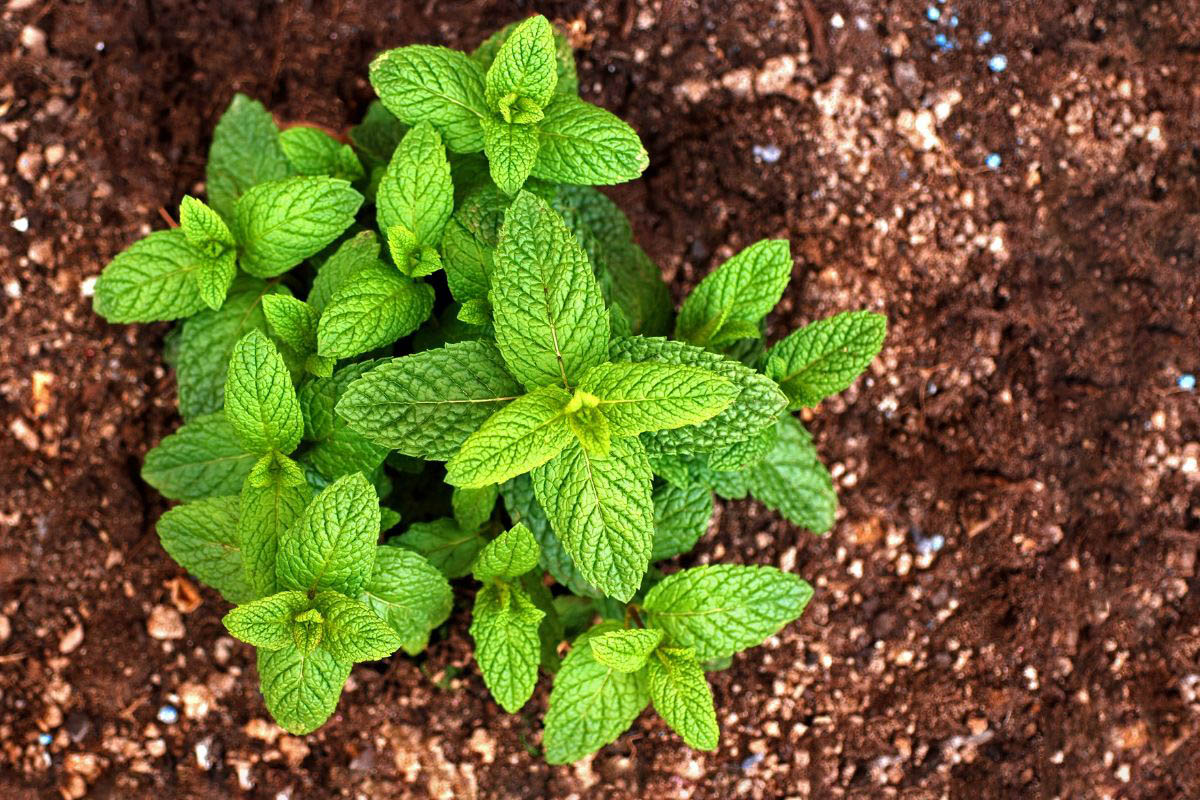
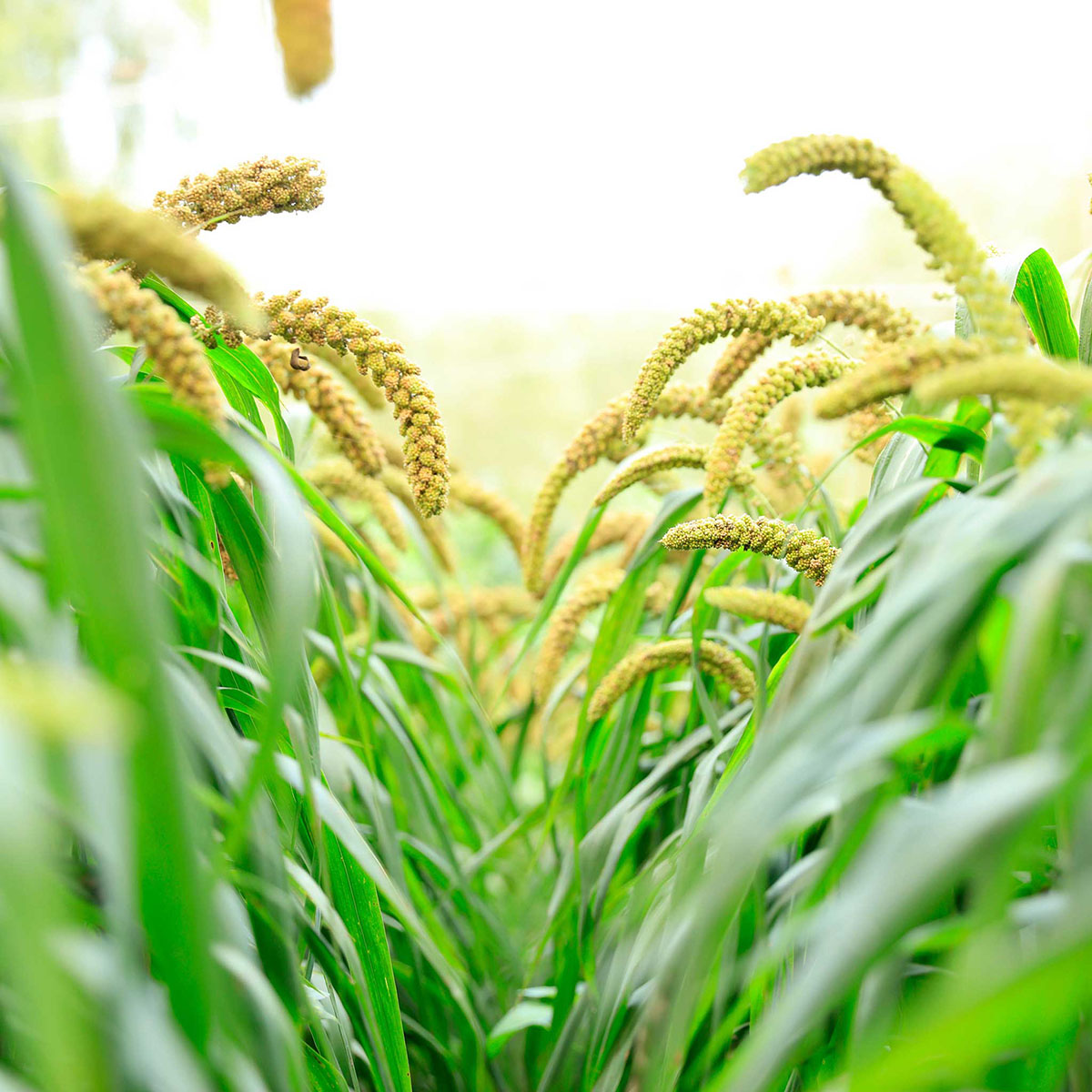


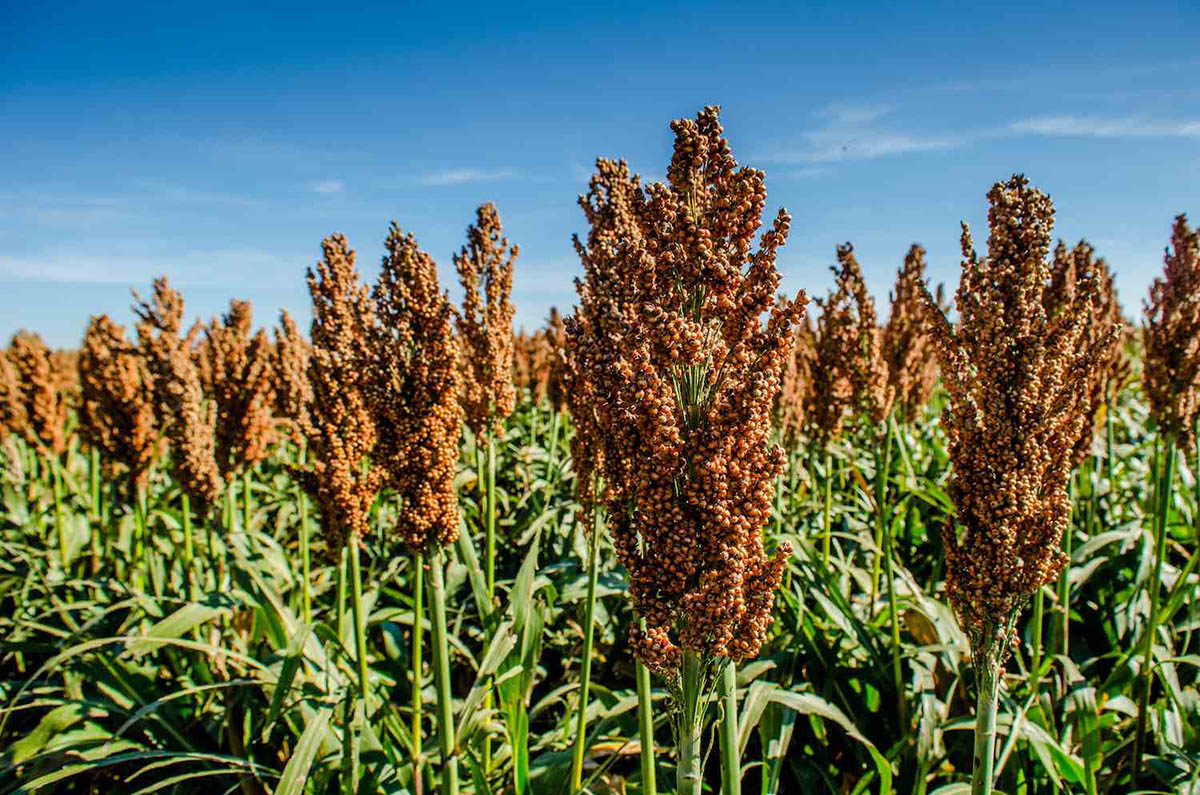

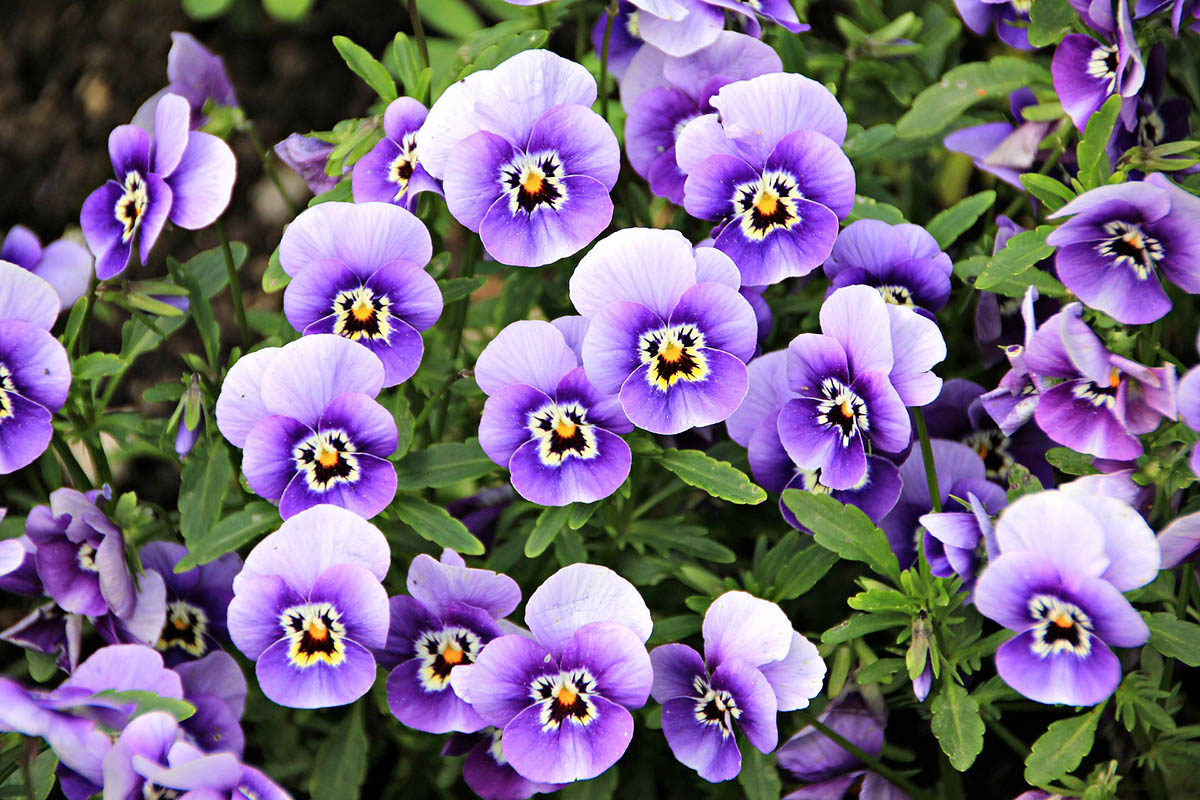
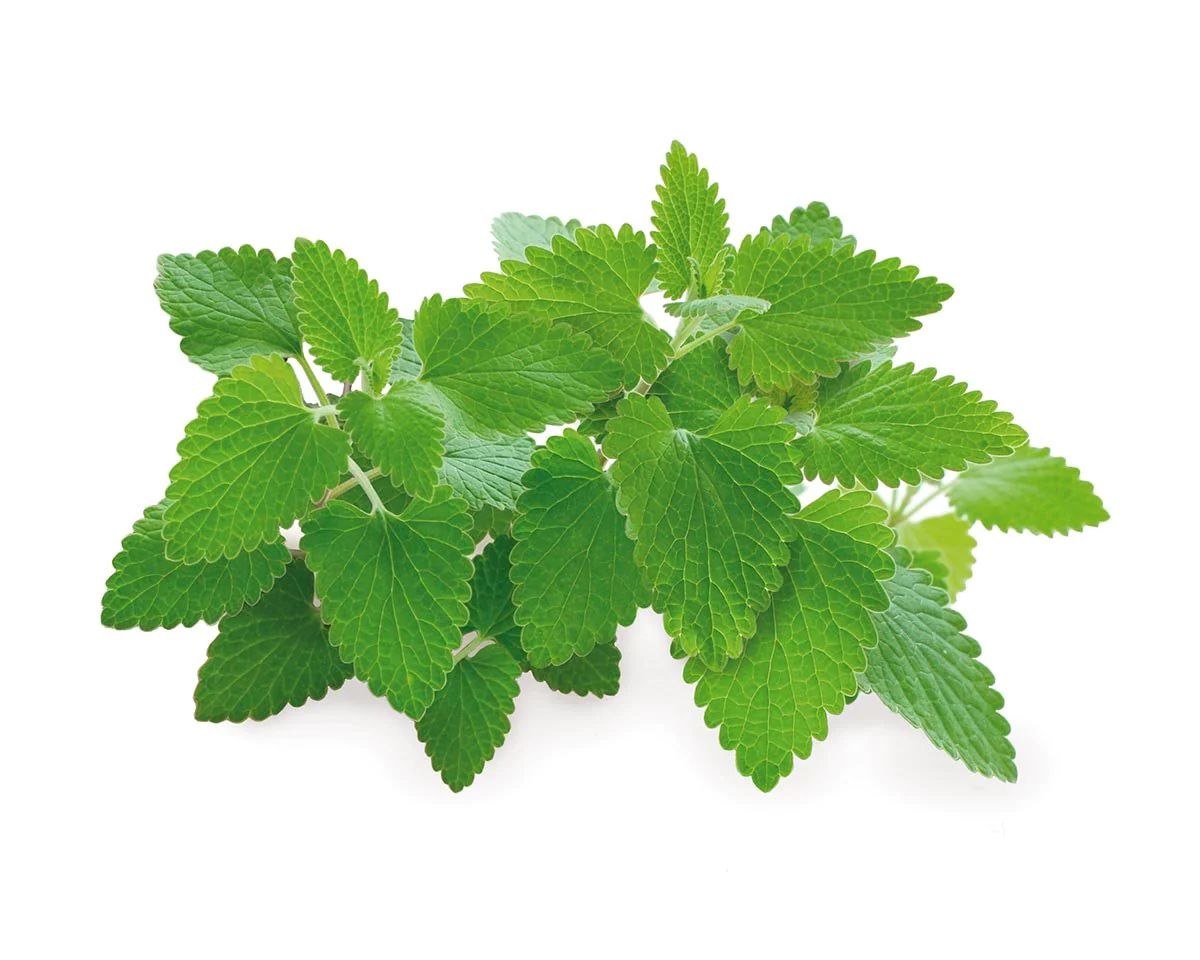
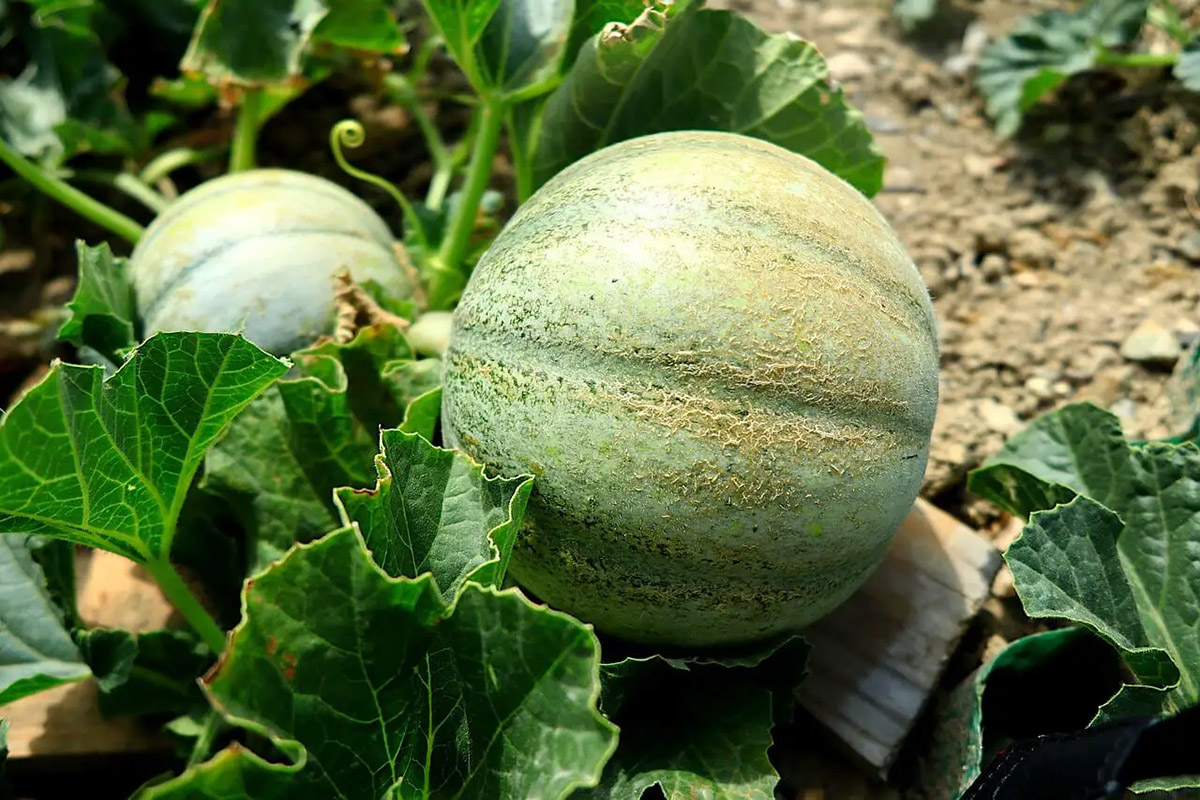
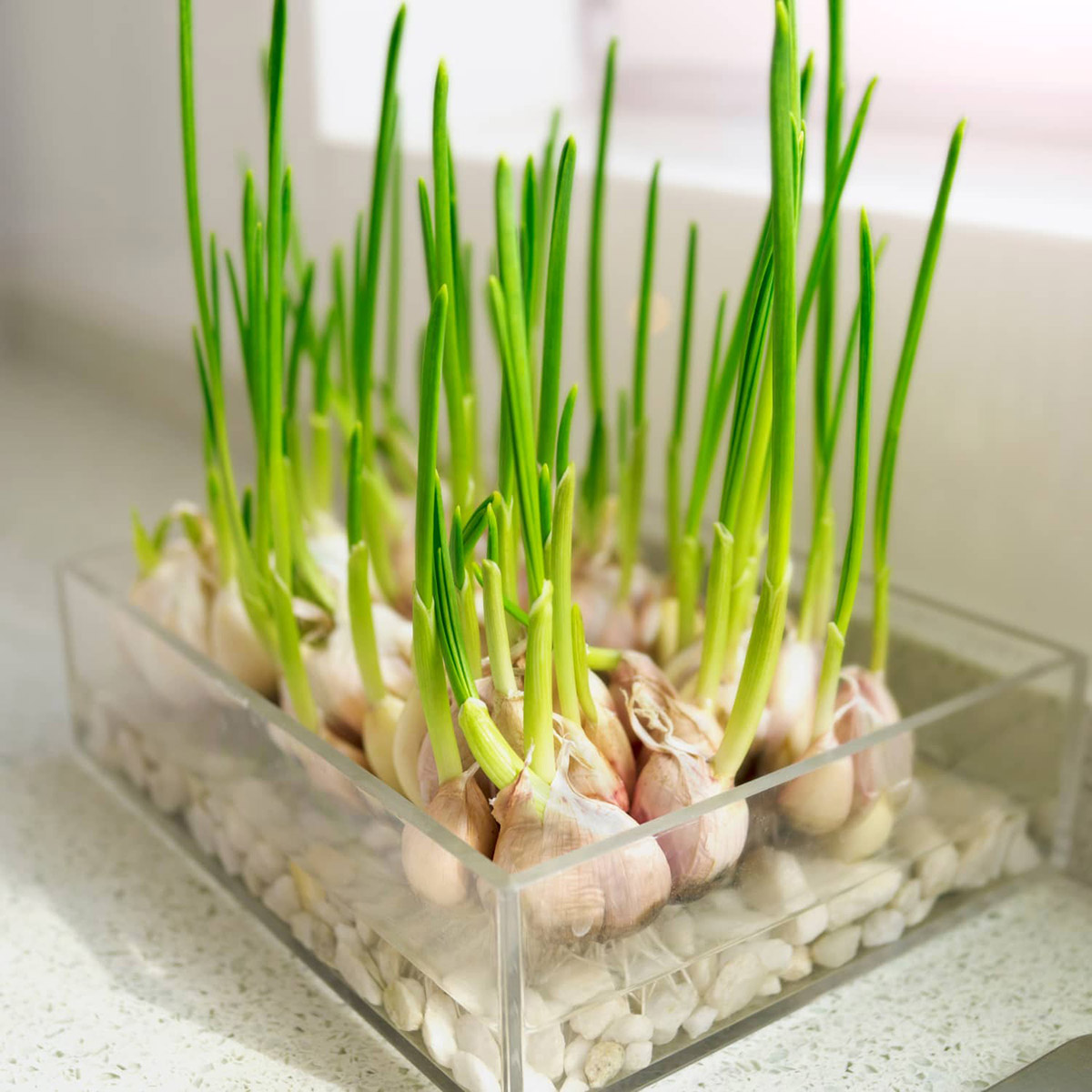

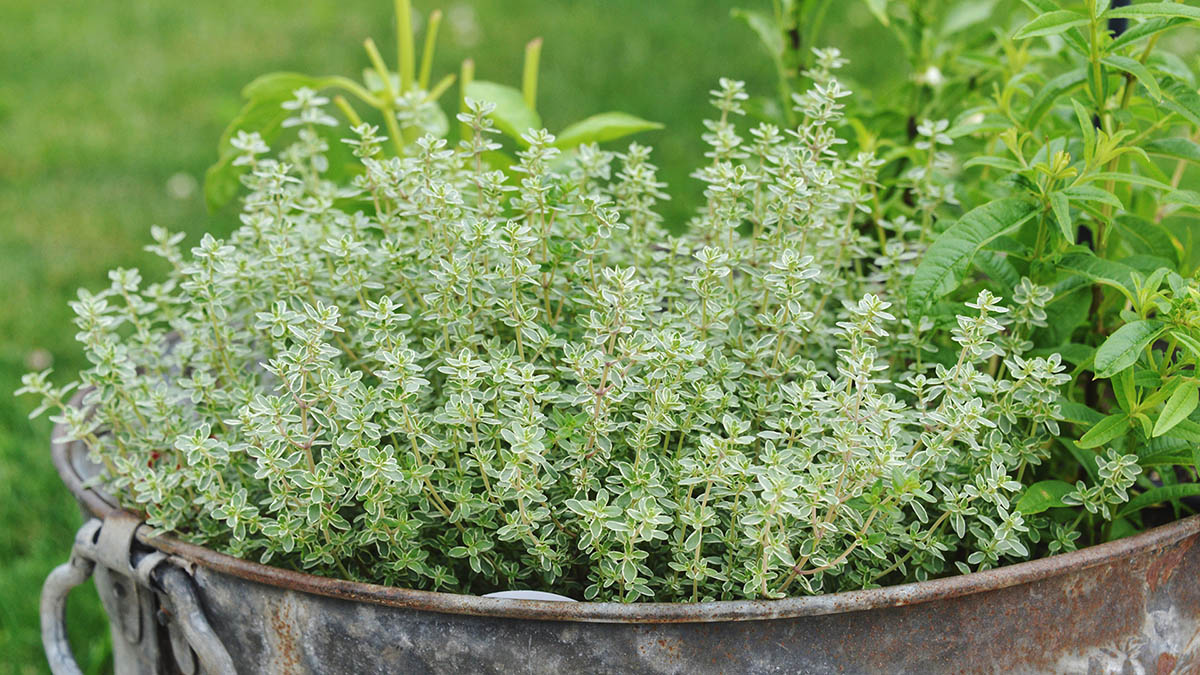
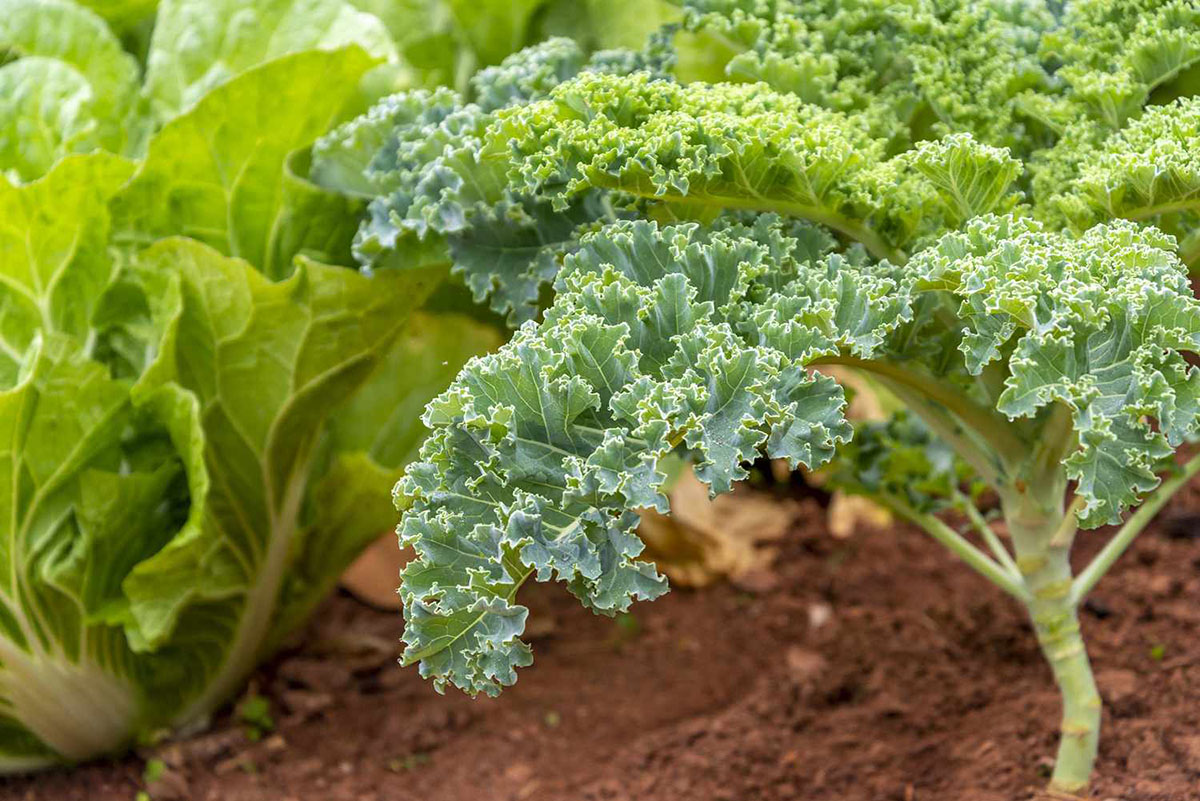


0 thoughts on “How Long Does It Take For Grass To Germinate”